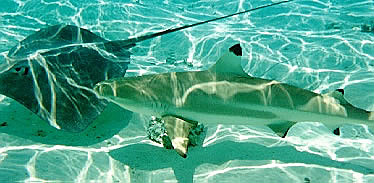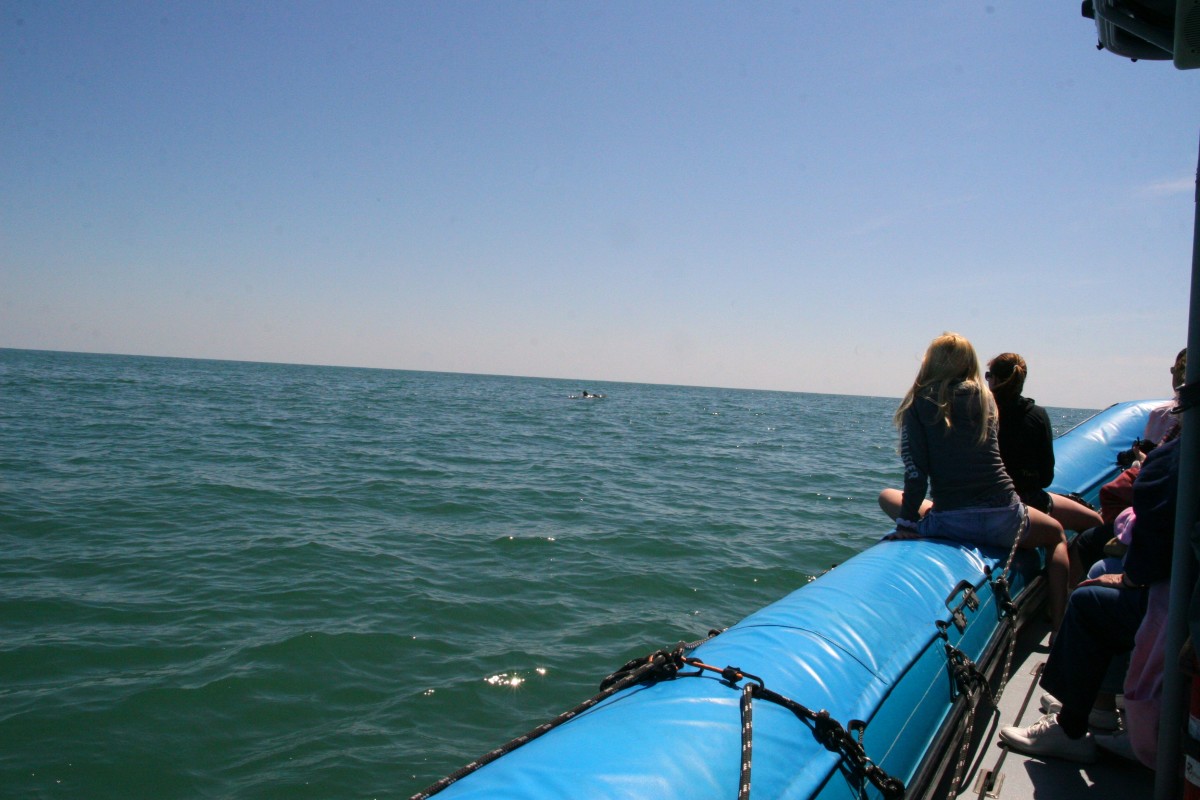Deadly Sea Creatures That Live in Beach Waters

So the summer is here, what that means for most of us is a lot of fun in the sun. Most of us plan vacations to tropical destinations so we can enjoy a lot of great beach days.
When we think off the beach it doesn't exactly strike fear in our hearts as the water is always filled with people enjoying themselves. But, it the beach somewhere we should all be a bit more careful? And how do we know when we should be concerned or not.
We've done our research to bring you some answers as to what potentially deadly creatures swim with us while we enjoy our fun and relaxing beach days in the water. Before we begin let's check out some helpful information on the most dangerous beaches in the world.
We will begin with the most most obvious of them all. Sharks, the danger they pose are self explanatory. But, the question that you may have is, do they live in our beaches? and the answer is yes they do.
Sharks actually live in more beaches than they do the ocean, because they make themselves present mostly at dawn and dusk, the chances of people running into them are slim to non unless you are taking the really early of late swim. Because of this, shark attacks are very rare. However, in the event that you spot a shark while you are in he water, be sure to leave the water making as little noise as possible so as not to alert it to you, as well, try not to embark on any of those daring swim sessions while you may be wounded in even the smallest of ways.
Have you ever witnessed a shark attack?

Next up on the list is one that is very popular in the Caribbean, the stingray. These majestic creatures are beautiful, but pack a very deadly punch. They absolutely love swimming mere meters from shore right among-st sea bathers.
While they are mostly tame creatures, when they are come upon unexpectedly, they will get you with their stingers and in that case you should be taken the nearest emergency room immediately. To avoid being stung by these creatures are a bit tricky as not only do they swim close by to sea bathers, but when they aren't swimming they are usually hanging out under the sand beneath your feet, which is another way that some people get stung by them. Our advise, it you are swimming, check out the water from a high point first and if you are hanging out in the sand make sure it's extremely close to shore. In other words avoid the in between where the water reaches you on your chest or even your waistline.
Somewhere, there is a beach chair with your name on it!
— Melangespace1Another type of sea creature that loves the shore line are sea urchins, and boy are they dangerous. These spiky creatures get people when they step on them.
A good sign that there might be sea urchins around is if the sea floor is rocky. They love hiding among-st the rocks, in shallow and sandy waters. And they love shorelines, the more tropical the environment, the more likely it has to potentially have a couple sea urchins lurking at the bottom. So, when planing your summer getaway, be sure to bear this in mind to avoid stepping accidentally on any sea urchins.
Fun fact!
A sting from a jellyfish is painful and deadly, whether it is alive or dead!
Last but, by no means least, another frequent visitor in beach waters are the ever gutsy jelly fish. We all are very familiar with these as they are most warned about sea creature when we visit any beach. Did you know that even when a jellyfish is dead the tentacles can still sting you, well this is true.
Jelly fishes are extremely prevalent in beach waters, and there is no real way of identifying them in the water because of their mostly see through bodies. The best way to be safe is to bathe in waters that many people are already in. This way you can guarantee for the most part that the area is probably safe. However, be sure to remember that when on land, whether or not the jelly fish is alive or dead, it is still deadly and dangerous.








